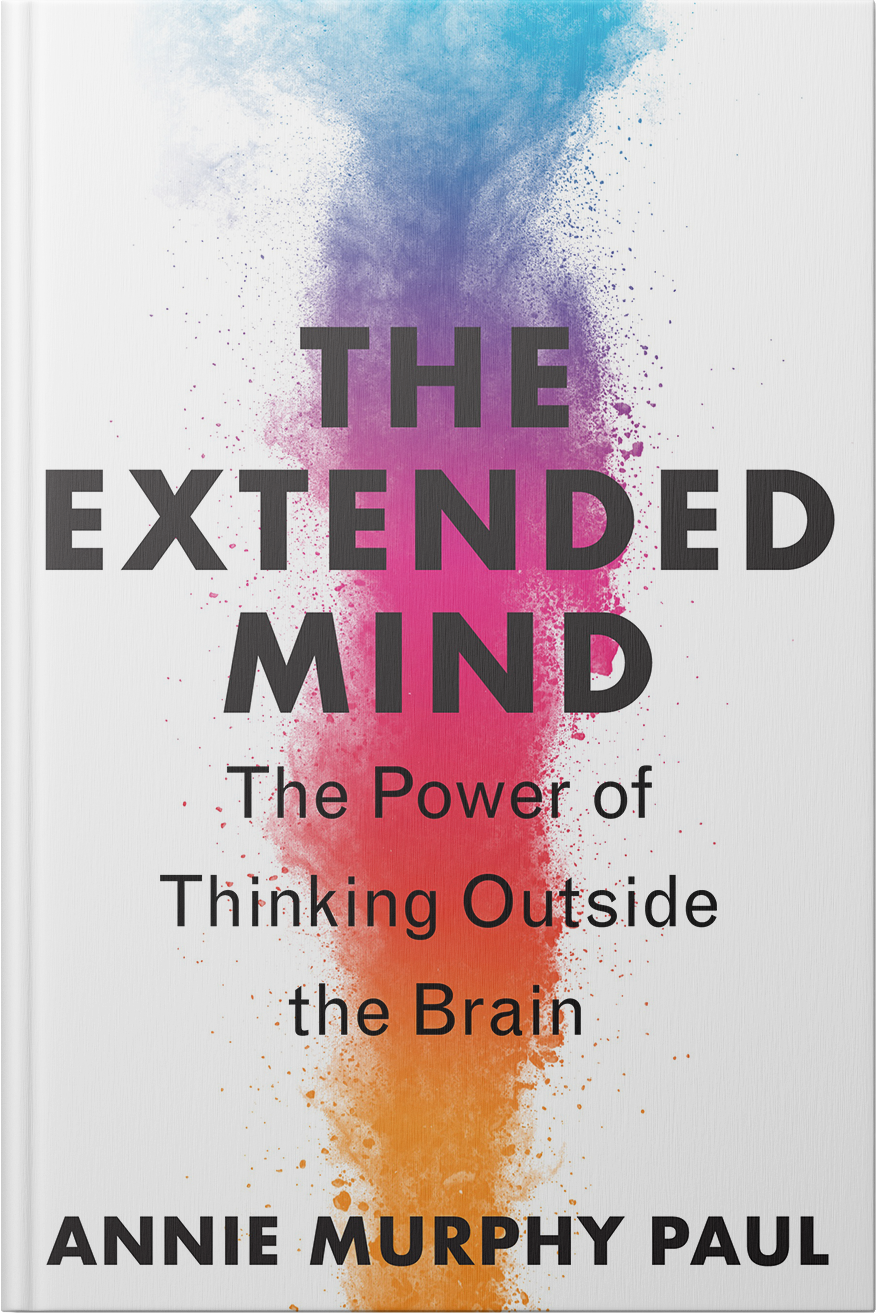Many of us have no doubt noticed that if we’re feeling stressed or upset about something, we feel better about it after we exercise. But why would this be? A new study suggests an intriguing answer.
Researchers from Beijing Normal University in China tested the theory that engaging in vigorous physical activity improves our capacity to engage in “implicit cognitive reappraisal”—that is, the largely unconscious processing of a distressing situation such that we come to feel that it’s “not so bad.”
In their study, published in Behavioural Brain Research, they found that participants who engaged in exercise reported fewer unpleasant feelings than a control group who did not exercise; the results, the researchers write, “may point to acute exercise as a promoter of implicit cognitive reappraisal.”
Other research cited in this article has found that exercise can even offer a protective effect against emotional stressors: that is, we get less upset in reaction to distressing situations if we have just exercised.
To me this is a really powerful example of what I call “thinking outside the brain”—specifically, thinking with the movement of the body. So often, when we feel angry or sad or stressed, we attempt to deal with it in “brainbound” ways: trying to talk ourselves out of our bad mood, trying to distract ourselves, etc. What we really need to do is step out of that brainbound mode and draw on the “extra-neural” resource of the body, using the movement of the body to influence the operation of the brain (its implicit reappraisal processes).
Here’s the study on exercise and implicit cognitive reappraisal:
“The impact of acute exercise on implicit cognitive reappraisal in association with left dorsolateral prefrontal activation: A fNIRS study”
Yifan Zhang, Wenxia Shi, Hao Wang, Mengrui Liu, and Donghui Tang, in Behavioural Brain Research
And here’s the study on the protective effects of exercise:
“A randomized control intervention investigating the effects of acute exercise on emotional regulation”
Meghan K. Edwards, Ryan E. Rhodes, and Paul D. Loprinzi, in American Journal of Health Behavior
